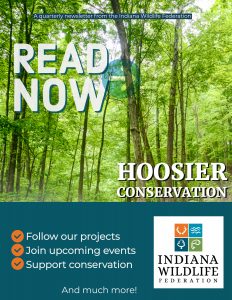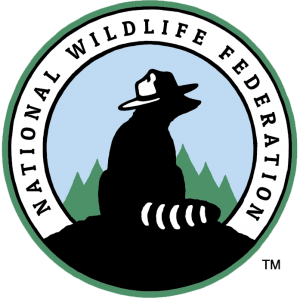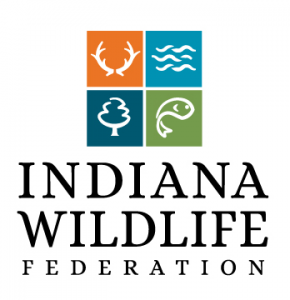Legislative Watchlist Update |
|
It’s the second week of April; March Madness is behind us (although this weather still seems like March!) and the legislative session continues to roll on. Here is an update of where the Indiana Wildlife Federation Priority Watch List stands, including two bills (HB 1037 and HB 1557) which we are encouraging supporters to reach out to their elected officials on: |
 |
|
House Bill 1037: Storm Water Management IWF Opposes this Legislation HB 1037 seeks to limit local laws, rules or ordinances that implement storm water management that is more stringent than or exceeds in any manner the requirements of the department of environmental management’s (IDEM) construction stormwater general permit (CSGP). Such legislation diminishes local government’s ability to manage their communities’ storm water in the way that they see fit. The Indiana Wildlife Federation supports local governments’ ability to protect their waterways from increased threat by stormwater and flooding. IWF urges you to call your Senator and urge them to VOTE NO on this legislation! |
 |
|
House Bill 1557: Prescribed burning IWF Supports this Legislation Prescribed fire is a vital tool for managing habitats throughout Indiana, and the IWF is pleased to see legislators working to make this important tool more accessible to Hoosiers. IWF urges you to call your Senators and encourage them to vote IN FAVOR of this legislation. |
 |
|
House Bill 1149: Agricultural Online Portal IWF Supports this Legislation IWF is thrilled to announce that HB 1149 has been signed by the Governor!
House Bill 1126: Watershed Development Commission IWF Supports this Legislation HB 1126 has been signed by the Speaker (House) and continues on a path to becoming law.
House Bill: 1245 Natural Resources Entrance Fees IWF Supports this Legislation HB 1245 continues to move through the Senate and has been referred to Appropriations due to the financial implications.
IWF Supports this Legislation SB 4 which aims to ensure that long-haul water pipelines do not threaten Indiana’s water supply continues to move with the Senate overwhelmingly approving the amendments made in the House. The bill is currently awaiting the signature of the Speaker (House) and President Pro Tempore (Senate). |
 |
|
Senate Bill 28: Ground Water Emergencies IWF Supports this Legislation SB 28 has been signed by both the Speaker (House) and President Pro Tempore (Senate) and now awaits the Governor’s signature.
Senate Bill 121: Restrictions of Using Nets or Trapping Minnows IWF Supports this Legislation This legislation has not received a committee hearing in the House Natural Resources committee and we expect it will not move this session. Senate Bill 193: Inspection of CFO’s IWF Supports this Legislation SB 193 passed out of the House by a vote of 79 to 9 with several amendments and is now waiting on a vote in the Senate to approve these changes. It continues to move forward. Senate Bill 211: Clean Water Indiana IWF Supports this Legislation We are thrilled to announce that SB211 has been signed by the Governor! IWF is Neutral on this Legislation This bill has been signed by both the Speaker (House) and President Pro Tempore (Senate) and now awaits the Governor’s signature. |
 |
|
Senate Bill: 477 Low Head Dams IWF Supports this Legislation We are thrilled to announce that SB477 has been signed by the Governor! |
|
There is NEVER a better time than the present to talk to your elected officials and let them know that you prioritize wildlife and conservation! |
|
|










